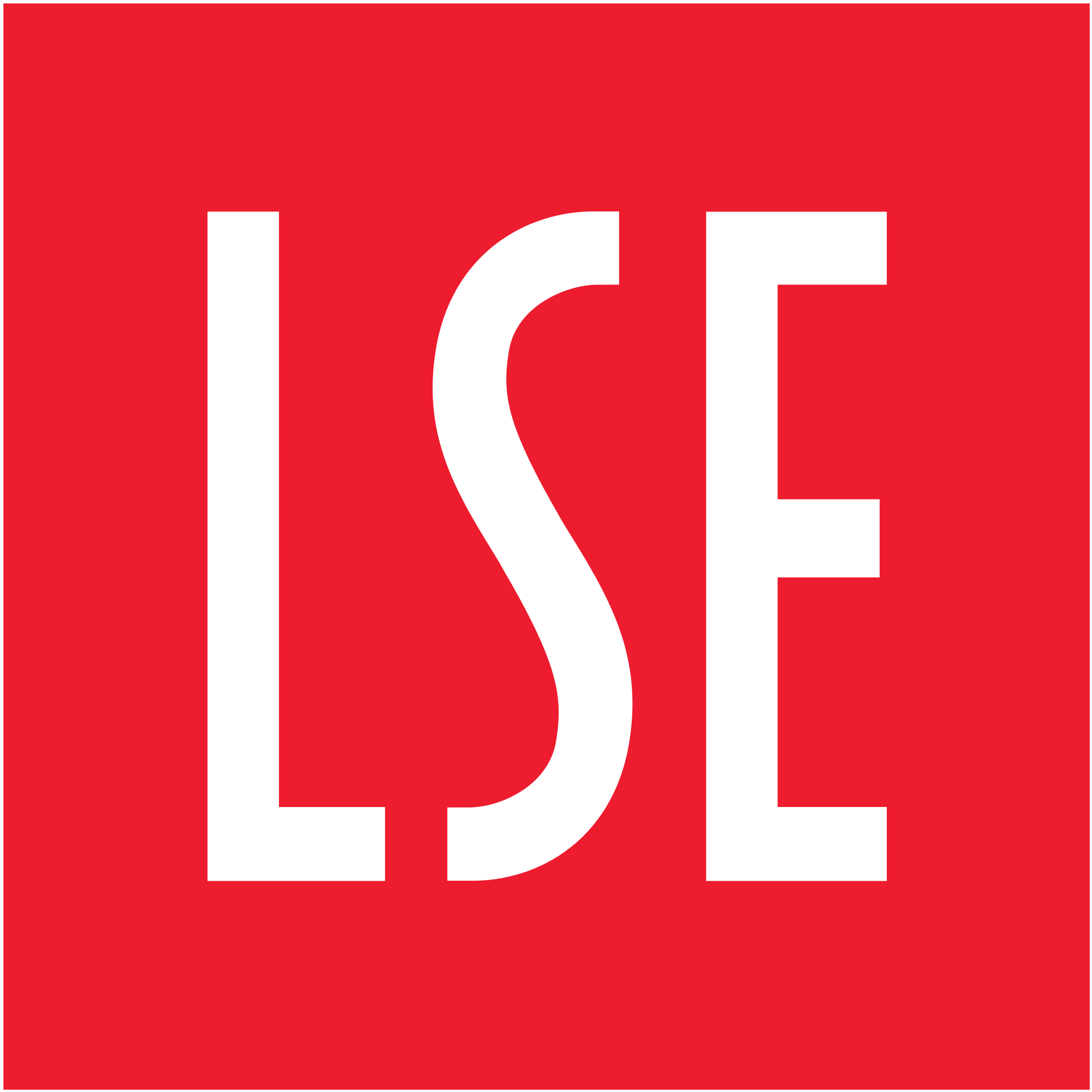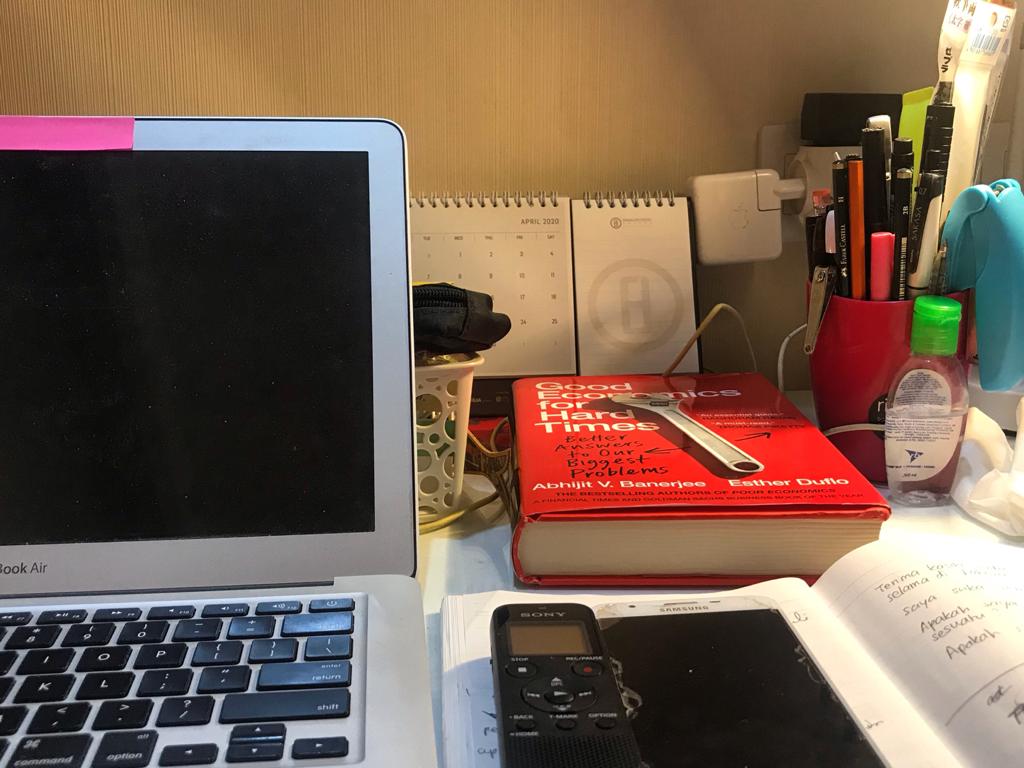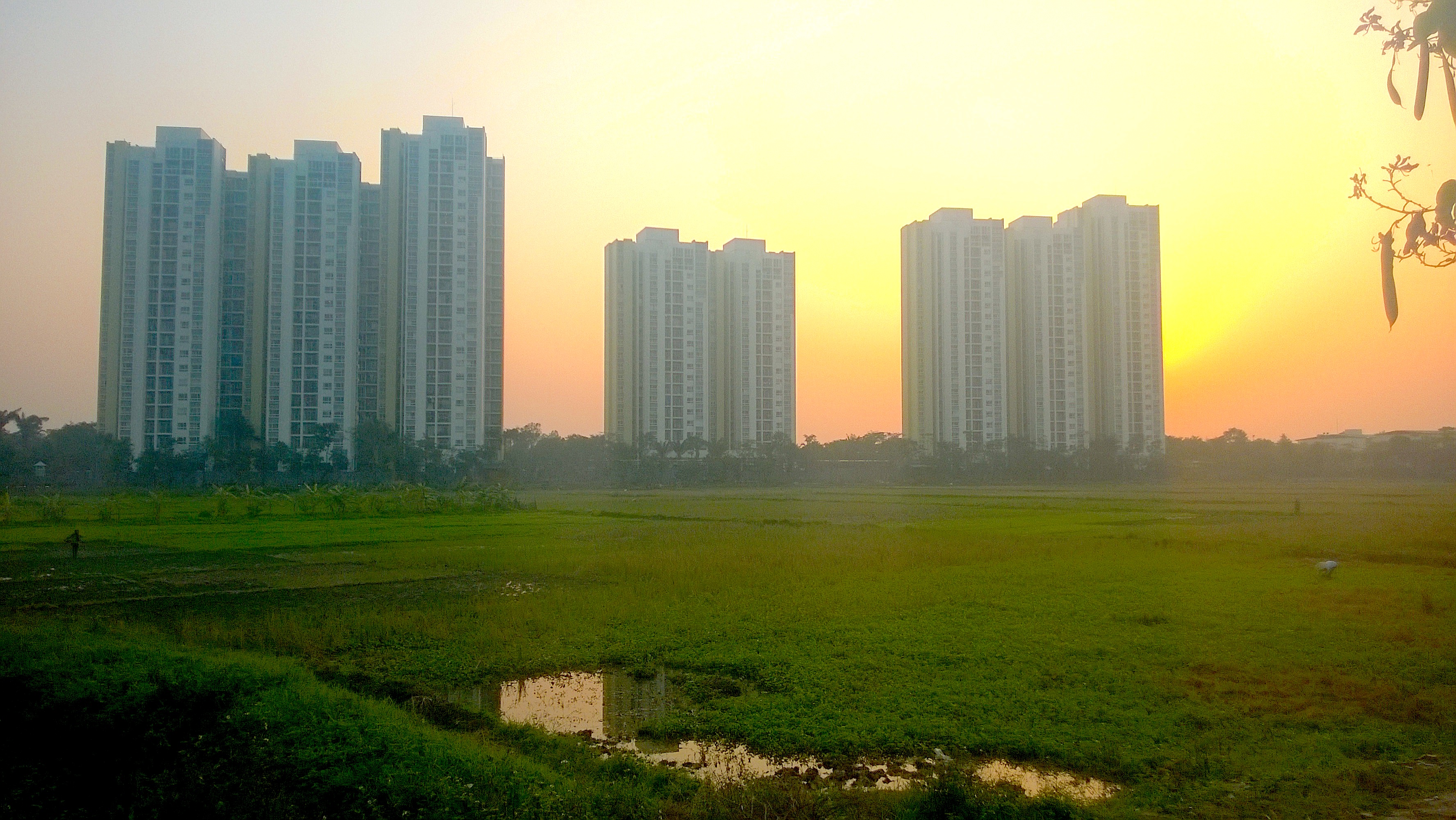The COVID-19 pandemic has posed new challenges to qualitative research, particularly to ethnographic or semi-ethnographic studies that would normally require a degree of in-person interaction with respondents. In this blog post, I reflect on navigating the processes behind conducting online, semi-structured, in-depth interviews with the respondents for my dissertation entitled, “Feminist Media Activism in the Philippines: Communication, Community, and Collective Action during COVID-19″, writes Luisa Pineda
_______________________________________________
In what ways do Filipino feminists’ uses of media and communications for activism cultivate opportunities for community building and collective action amidst prevailing women’s struggles? This is the research question that anchors my master’s dissertation, “Feminist Media Activism in the Philippines: Communication, Community, and Collective Action during COVID-19,” which explores how the current COVID-19 pandemic has affected the way feminists in the Philippines use media and communications in their activism.
The interest in this study was sparked by a post I found on Instagram which showed protesters on the streets of Manila during International Women’s Day this year, who were following physical distancing measures and wearing face masks and even face shields. This was posted by Gantala Press, a Filipina feminist press founded in 2015. Upon realizing the amount of communication, mobilization, and organization it takes to bring women’s rights advocates together during a pandemic—whether online or in-person—I thought it would be a great opportunity to highlight more Filipino feminist individuals or organisations working at the grassroots level that are still struggling to get their voices heard, especially in the midst of a global pandemic.
I then came up with more specific questions: First, how do feminist activists in the Philippines perceive their communications, sense of community, and collective action during the COVID-19 pandemic? And second, given the layers of struggle involved in women’s every day labour in the household, workplace, and society, I inquire to what extent do these activists negotiate the tension between a desire for women’s empowerment and an additional need for the affective labour of care?
By using a media and communications lens, coupled with an understanding of intersectional and decolonial feminisms, advocacy networks, and emotional labour in the Philippine context, I apply a framework of analysis that can help activists and various stakeholders make sense of the current implications of their work in their pursuit of social change. A total of nine respondents answered interview questions around these themes, which I then classified into 3Cs: communication, community, and collective action.
For the first theme, communication, the respondents discuss forms of feminist activist content (e.g., feminist publishing, printmaking, handicrafts, music, visual art, and digital multimedia), how they use social media, and what specific platforms are effective for them. The second theme, community, allowed respondents to bring up insights on building networks and forging partnerships, negotiating class differences and feminisms, and even sharing community management strategies and mechanisms for group members and stakeholders, whom they cannot engage with in-person. And lastly, collective action pointed the respondents towards sharing their various feminist campaigns during the pandemic. Here, they also talk about the emotional labour involved in their activism work, which is brought about by situations such as dealing with trolls, receiving misogynistic remarks online, and even being threatened with violence.
Overall, the thematic analysis through the 3Cs provided an indication that an intersectional, decolonial feminist lens is useful in studying feminist media activism in the Philippines. As the COVID-19 pandemic persists, researchers who intend to examine these fields of inquiry may still need to utilize online means of qualitative research.
This blog post on field research methods online hopes to lend practical insight into the dynamic and reflexive processes behind qualitative research, specifically data collection during the pandemic, so that future researchers can use the online medium to their advantage.
Turning to social media and online platforms
It did not come as a surprise that my dissertation topic emerged while I was scrolling through my social media accounts during the UK’s third national lockdown. Online media and the COVID-19 context, therefore, inevitably became central to my topic. At the same time, due to coronavirus restrictions, the school did not permit researchers to conduct fieldwork overseas. As a result, I also had to use social media to reach out to my potential interviewees, particularly through purposive and snowball sampling.
I chose to contact my respondents through Instagram, since it has come to be my most-used social media platform. It is also where I come across feminist content from various individuals and institutions I already follow. To broaden my sample, I decided to search for and message similar accounts that these potential interviewees also follow and interact with. And, after successfully interviewing respondents, I would ask them whom I can also contact if they may be interested in sharing their stories with me online. This strategy introduced me to networks of these feminist activists, all through Instagram and email. When I reached out to a number of these accounts, I was surprised at how open, responsive, and eager they were to meet with me over Zoom. I note here that Zoom had already been accessible to me as a student of LSE, and I was fortunate that these respondents also use the same platform. I realized then that sharing their experiences with me through academic research is a way for them to express themselves and help them and their stakeholders (or the people they represent) become more visible in their pursuit of their respective feminist advocacies.
Narrowing down the sample had been straightforward. I conducted semi-structured interviews with nine feminist activists in the Philippines. They were artists, writers, self-love advocates, students, volunteers, and the like who have either adopted social media or have used social media from the very beginning. Out of the ten respondents who agreed to be interviewed (I had contacted nearly twice that sample size), I chose nine respondents, since the last organisation was composed of leaders who are minors, and my ethics form only permits me to conduct research with people aged 18 and above. An insight emerged here: The online platforms these feminists operate within are not necessarily for adults. Even younger feminists, therefore, are also making their voices heard on social media with the help of online communities.
Overcoming and acknowledging the limitations of online data collection
Uncertainties arose during the data collection proper. In the event respondents fail to reply (and within my dissertation time frame), I could not physically approach a person or an institution to get a response from them. Again, I was fortunate that the interviewees were gracious with their time and expressed their interest in this project.
When I had finally secured respondents, I encountered a few things that must be taken into consideration for this type of research. First was scheduling calls with the seven-hour time difference between London and Manila, where my respondents are based. In this regard, I point out that the scope of the sample was centred on Metro Manila and Greater Manila-based respondents who have access to these online platforms. I acknowledge this limitation of my study of not being able to reach feminists in areas beyond Manila.
Another essential matter that had to be addressed was my ethics and consent form. Here, my respondents could choose if they would allow me to record the video and audio (and they can choose if they want just the audio to be retained) and if they would like to use their real names for the research. I was able to receive signed consent forms from all respondents via email, and only one of them preferred their name to be anonymised. This had implications for the recorded Zoom meetings, where I addressed the anonymous respondent with a pseudonym of their choice. With the knowledge and practice of consent, I trusted that my respondents would be comfortable with speaking up about their experiences. Yet another insight: These feminists want to be visible by sharing their stories in this research as themselves and/or as representatives of their organisations. As a result, I was able to get insightful, reflexive, and thought-provoking insights that shaped the study’s thematic analysis.
Lastly, it was through the Dissertation Fieldwork Grant from the LSE Saw Swee Hock Southeast Asia Centre that provided support for me to avail of transcription services for my research project and purchase materials, that some of these feminist activists produced for my related literature and analysis. Fortunately, online articles and journals were accessible, as well as the materials some of my respondents had produced which were also available on their online platforms. For this purpose, I had secured a transcriber consent form which all transcribers signed, and I made sure to disclose this in my dissertation proper.
It is my hope that qualitative researchers during the pandemic may find that there are many ways to derive valuable insights through online platforms, if only they harness the platforms’ strengths to their advantage and further generate new insights from the knowledge and experiences of their respondents.
_____________________________________________
*Banner photo by Oli Dale on Unsplash .
*Luisa’s research was supported by the LSE Saw Swee Hock Southeast Asia Centre Student Dissertation Fieldwork Grant 2020-2021.
*The views expressed in the blog are those of the author alone. They do not reflect the position of the Saw Swee Hock Southeast Asia Centre, nor that of the London School of Economics and Political Science.





